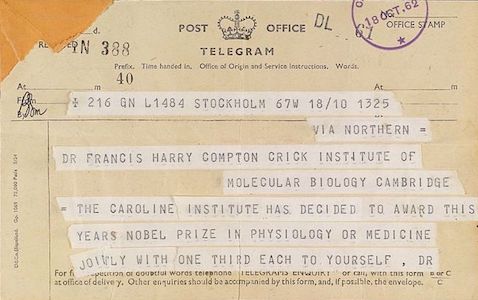Throughout and at the close of a 5E lesson, well-thought-out Evaluation “encourages students to assess their understanding and abilities and provides opportunities for teachers to evaluate student progress toward achieving the educational objectives” (Bybee et a. 2006, p. 2).
Incorporating historical perspectives encourages math and science students to self-evaluate and reflect on what they have learned, and to articulate their understanding of the material to the teacher and peers.

Ideas for integrating history
It is appropriate to explicitly include concepts related to the history and nature of science and math in the Evaluation––history should not be just an “add-on” but rather integral to the lesson. Students can demonstrate their achievement of the lesson’s objectives through oral and written communication. Some examples:
- “Identify 3 women mathematicians in history and write a report explaining the significance of their work”
- “Explain 3 different species concepts and give an example of a biologist form history who used each concept”
- “Argue for the importance of peer review in science using Newton and the Royal Society as a case study.”
In addition, teachers can assess and evaluate student mastery of concepts throughout the lesson, by listening to student communication and examining student-created artifacts like timelines, drawings, etc.
What the Teacher does:
- Observes the students as they apply new concepts and skills
- Assesses students’ knowledge and skills
- Looks for evidence that the students have changed their thinking or behaviors
- Allows students to assess their own learning and group-process skills
- Asks open-ended questions such as, “Why do you think …?” “What evidence do you have?” “What do you know about x?” “How would you explain x?”
What the Student does:
- Answers open-ended questions by using observations, evidence, and previously accepted explanations
- Demonstrates an understanding or knowledge of the concept or skill
- Evaluates his or her own progress and knowledge
- Asks related questions that would encourage future investigations